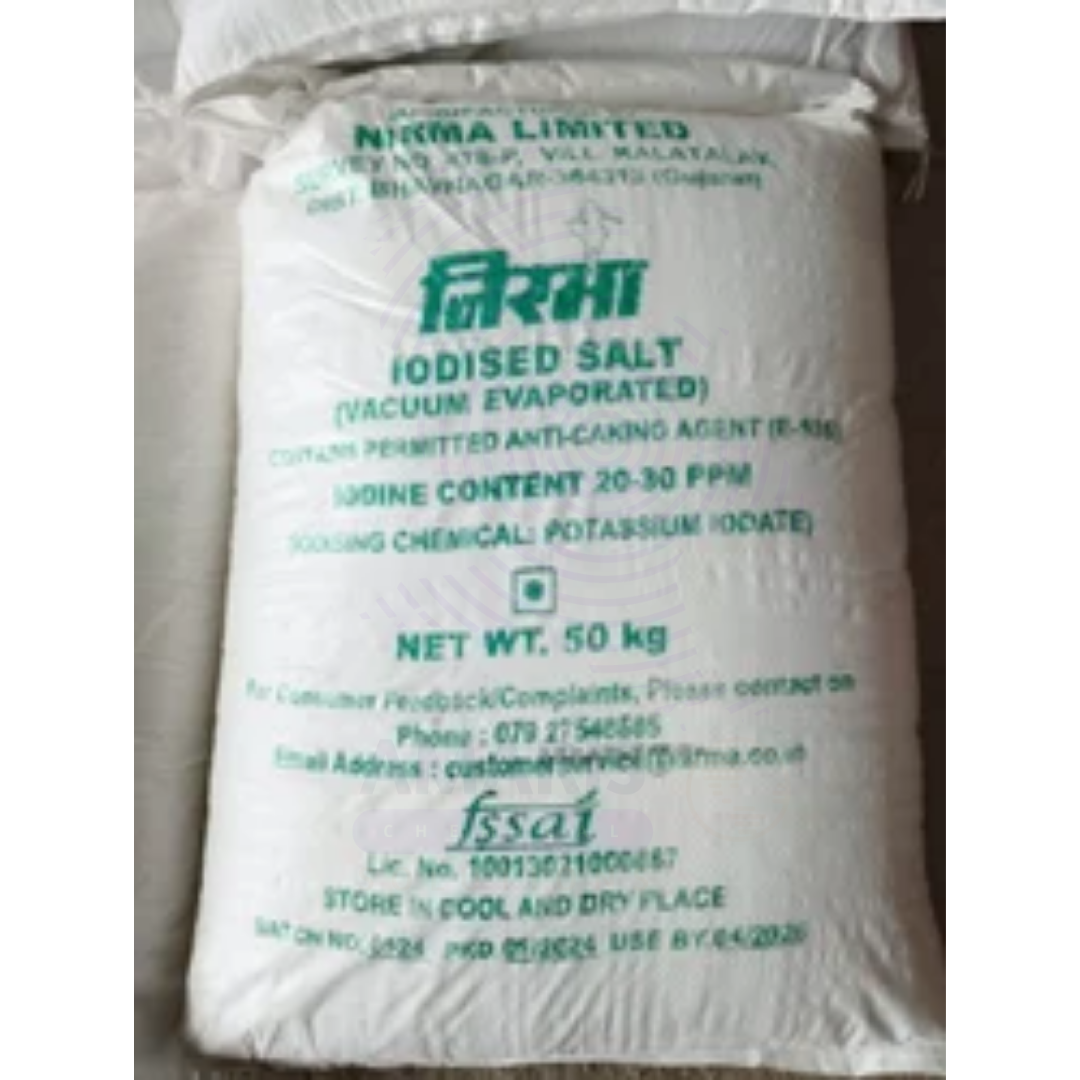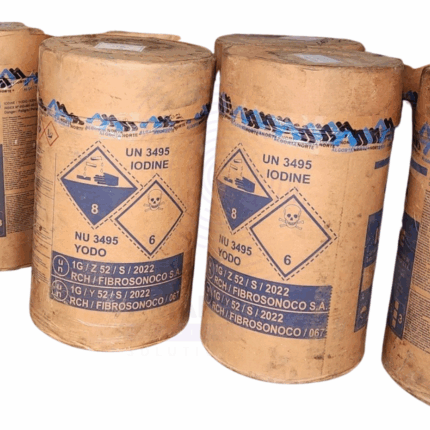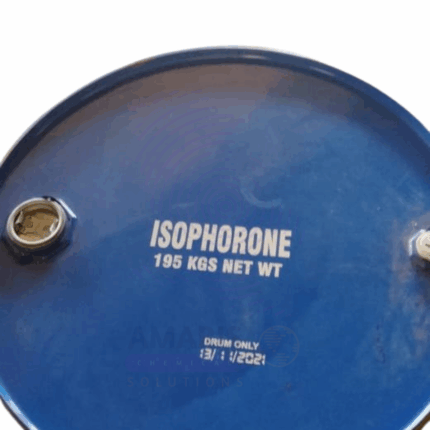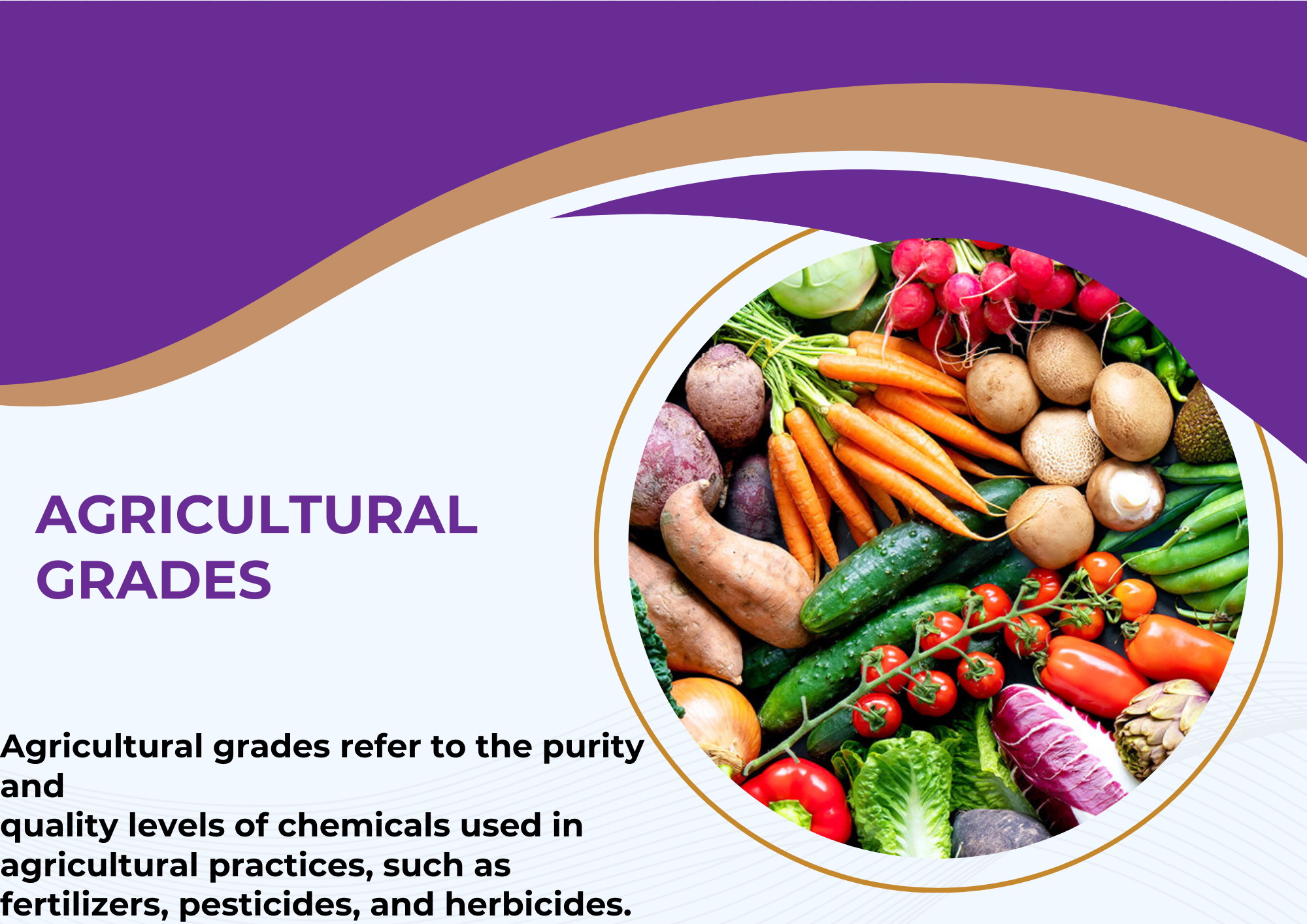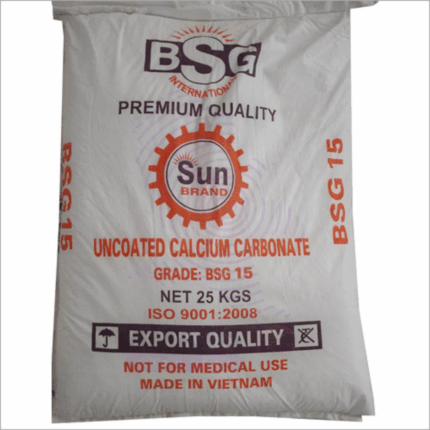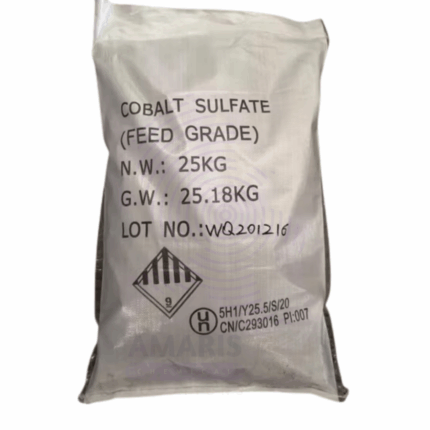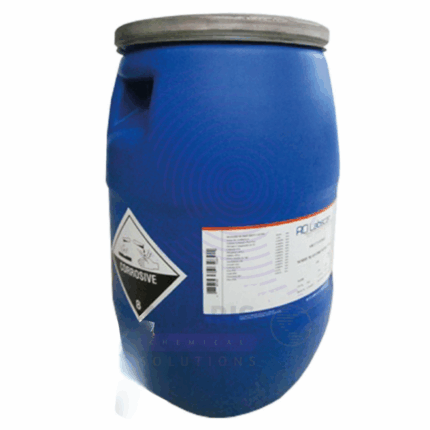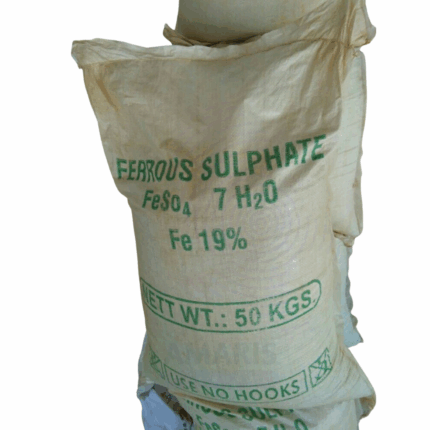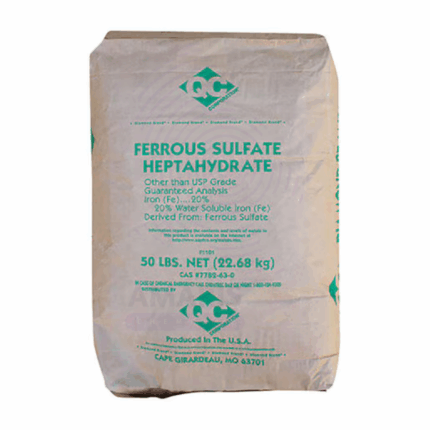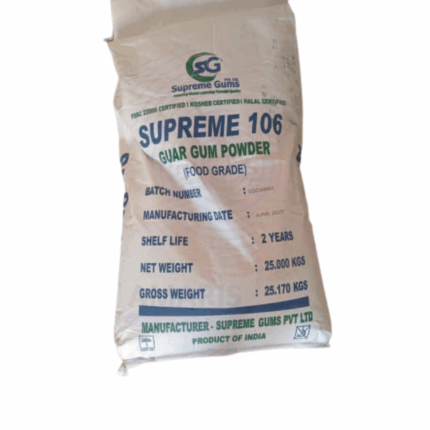“Disodium Hydrogen Phosphate” has been added to your cart. View cart
Iodised Salt
Whatsapp Order
Iodised Salt is table salt (sodium chloride) fortified with a small, controlled amount of iodine, typically in the form of potassium iodate or potassium iodide. It appears as fine white crystalline granules, odorless, and with a characteristic salty taste. The addition of iodine helps prevent iodine deficiency disorders (IDD) such as goiter, mental impairment, and developmental abnormalities. Iodised Salt is widely used in households, food processing, and animal nutrition to ensure adequate dietary iodine intake.
Description
Table of Contents
Toggle
Iodised Salt
Primary Uses
- Human Nutrition
- Essential dietary source of iodine to prevent iodine deficiency disorders including goiter, hypothyroidism, cretinism, and cognitive impairments.
- Used universally as table salt for seasoning and food preservation in households and commercial kitchens.
- Incorporated in processed foods to maintain iodine intake across populations.
- Food Industry
- Added to packaged and processed foods (baked goods, snacks, ready meals) as a fortified salt ingredient.
- Used in food preservation and curing processes to extend shelf life and improve flavor while providing iodine supplementation.
- Animal Nutrition
- Supplemented in livestock and poultry feed formulations to prevent iodine deficiency and related health problems.
- Used in mineral licks and salt blocks for grazing animals.
- Public Health Programs
- Central to national iodine deficiency elimination programs worldwide via universal salt iodization (USI).
- Distributed in iodised salt form during humanitarian aid and nutrition supplementation campaigns.
Secondary Uses
- Industrial Uses
- Used in some industrial salt applications where iodisation is required for regulatory compliance or specific product formulations.
- Occasionally applied in water softening systems and brine solutions, although less common due to added iodine.
- Pharmaceutical Industry
- Used as a raw material in pharmaceutical formulations requiring sodium chloride with iodine content.
- Employed in preparation of oral rehydration salts (ORS) and electrolyte supplements with iodine.
- Cosmetics and Personal Care
- Occasionally incorporated into skin cleansing and bath salts for mild antiseptic benefits from iodine content.
KEY ATTRIBUTES
- Basic Identification Attributes
- Chemical Name (IUPAC): Sodium chloride with potassium iodate or potassium iodide
- Common/Trade Name: Iodised Salt; Iodized Table Salt
- CAS Number: 7647-14-5 (NaCl) with added iodate/iodide
- HS Code: 2501.00.00
- Synonyms: Fortified salt; iodated salt
- Physical & Chemical Properties
- Physical State: Granular crystalline powder
- Color & Odor: White; odorless
- Particle Size: Typically 150–300 microns
- Solubility: Highly soluble in water
- Iodine Content: Typically 15–50 ppm (mg/kg) iodine as potassium iodate or iodide
- Taste: Characteristic salty taste
- Stability: Stable under dry conditions; iodine may degrade if exposed to moisture and heat
- Safety & Hazard Attributes
GHS Classification:
- Generally recognized as safe for consumption; not hazardous under normal use
Toxicity:
- Safe at recommended levels; excessive iodine intake can cause thyroid dysfunction
Exposure Limits:
- No specific occupational limits for iodised salt; handle as general food-grade material
- Storage & Handling Attributes
Storage Conditions:
- Store in a cool, dry, well-ventilated area in airtight containers to prevent iodine loss and moisture absorption
Container Type:
- Food-grade plastic or paper bags, sealed containers
Shelf Life:
- Typically 2–3 years when stored properly
Handling Precautions:
- Avoid contamination with moisture and foreign materials
- Regulatory & Compliance Attributes
- Complies with WHO and national regulations on iodine fortification of salt
- Approved as food additive and nutrient supplement by FDA, EFSA, Codex Alimentarius
- Labeling must indicate iodine content and additives
- Environmental & Health Impact
- Biodegradability: Fully biodegradable; sodium chloride and iodine compounds degrade naturally
- Ecotoxicity: Minimal environmental impact at normal disposal levels
- Bioaccumulation: Not applicable
- Carcinogenicity/Mutagenicity: Not classified
SAFETY HANDLING PRECAUTIONS
- Safety Handling Precautions
PPE Required:
- Generally none required for food handling; gloves recommended in bulk industrial handling
Handling Guidelines:
- Avoid moisture exposure and contamination
- Maintain good hygiene practices
Storage Measures:
- Keep containers sealed and dry
- First Aid Measures
- Inhalation: Not applicable; avoid inhaling dust
- Skin Contact: Wash with water if irritation occurs (rare)
- Eye Contact: Rinse with water if dust gets into eyes
- Ingestion: Safe for consumption in recommended amounts; seek medical advice if excessive intake suspected
- Firefighting Measures
- Fire Hazards: Non-flammable
- Extinguishing Media: Use standard fire extinguishing methods for surrounding fire
Related products
Calcium Carbonate Uncoated
Calcium Carbonate Uncoated is a naturally occurring mineral compound composed primarily of calcium, carbon, and oxygen with the chemical formula CaCO₃. It appears as a fine white powder or granules, widely used as a filler, pigment, and functional additive across various industries. The uncoated form means the calcium carbonate particles are not surface-treated, retaining their natural properties. It is valued for its high brightness, whiteness, and excellent compressibility. Uncoated calcium carbonate is used to enhance opacity, improve processing, and reduce costs in plastics, paints, coatings, adhesives, rubber, paper, and construction materials.
Cobalt Sulphate Feed Grade
Cobalt Sulphate Feed Grade is a cobalt salt of sulfuric acid, typically appearing as a pink to reddish crystalline powder or granules. It is specifically manufactured and purified for use as a trace mineral supplement in animal nutrition. Cobalt is an essential trace element required in small amounts for the synthesis of vitamin B12 (cobalamin) in ruminants, playing a vital role in maintaining proper metabolism, growth, and overall health. Feed grade cobalt sulfate ensures safe, bioavailable cobalt supply to livestock such as cattle, sheep, goats, and poultry, supporting rumen microbial activity, appetite, and red blood cell production.
Disodium Hydrogen Phosphate
Disodium Hydrogen Phosphate, also known as sodium phosphate dibasic, is an inorganic salt widely used as a buffering agent, emulsifier, and food additive. It appears as a white, odorless crystalline powder or granules that are highly soluble in water and alkaline in nature. It plays a crucial role in maintaining pH balance, stabilizing formulations, and supplying essential sodium and phosphate ions in various industries including food, pharmaceuticals, water treatment, and agriculture.
Disodium Hydrogen Phosphate Dihydrate (Na₂HPO₄·2H₂O)
Disodium Hydrogen Phosphate Dihydrate is the hydrated form of disodium hydrogen phosphate, a white crystalline powder commonly used as a buffering agent, emulsifier, and sequestrant. The dihydrate form contains two water molecules per formula unit, which affects its physical properties such as melting point and solubility. It is widely applied in food, pharmaceutical, water treatment, and industrial processes to maintain pH stability, improve texture, and supply essential sodium and phosphate ions.
Ferrous Sulphate Dried 150 Mesh
Ferrous Sulphate Dried 150 Mesh is a finely ground, dried form of ferrous sulfate (iron(II) sulfate) with a particle size passing through a 150 mesh sieve. It appears as pale green to light green crystalline granules or powder. This iron salt is widely used as a nutritional supplement, industrial chemical, and water treatment agent due to its high iron content (typically around 32-33% Fe) and enhanced solubility compared to the hydrated forms. The dried form improves stability and shelf life by reducing moisture content, making it suitable for applications in agriculture, pharmaceuticals, food fortification, and environmental treatment processes.
Ferrous Sulphate Heptahydrate
Ferrous Sulphate Heptahydrate, also known as iron(II) sulfate heptahydrate, is a pale green crystalline solid containing seven molecules of water of crystallization (FeSO₄·7H₂O). It is a widely used inorganic iron compound characterized by its high iron content (approximately 20% Fe) and good solubility in water. This hydrated salt is commonly used in agriculture, pharmaceuticals, water treatment, and various industrial processes. The heptahydrate form is preferred for many applications due to its stability, ease of handling, and cost-effectiveness.
Guar Gum
Guar Gum is a natural polysaccharide extracted from the endosperm of the guar bean (Cyamopsis tetragonoloba). It appears as an off-white to cream-colored powder with a neutral odor and bland taste. Guar Gum is a galactomannan composed mainly of mannose and galactose units, known for its excellent water-binding, thickening, and stabilizing properties. It forms highly viscous solutions even at low concentrations, making it a versatile hydrocolloid used widely across food, pharmaceutical, cosmetic, oilfield, and industrial applications.
Xantham Gum
Xanthan Gum is a high-molecular-weight polysaccharide produced by fermentation of glucose or sucrose by the bacterium Xanthomonas campestris. It is widely used as a thickening, stabilizing, and emulsifying agent in various industries due to its excellent viscosity properties, even at low concentrations. Xanthan Gum imparts improved texture, consistency, and shelf life to finished products, making it indispensable in food, pharmaceutical, cosmetic, and industrial formulations.


 Preservatives(food)
Preservatives(food) Flavor Enhancers
Flavor Enhancers Acidulants
Acidulants Sweeteners
Sweeteners Antioxidants
Antioxidants Colorants(food)
Colorants(food) Nutraceutical Ingredients (food)
Nutraceutical Ingredients (food) Nutrient Supplements
Nutrient Supplements Emulsifiers
Emulsifiers
 Collectors
Collectors Dust Suppressants
Dust Suppressants Explosives and Blasting Agents
Explosives and Blasting Agents Flocculants and Coagulants
Flocculants and Coagulants Frothers
Frothers Leaching Agents
Leaching Agents pH Modifiers
pH Modifiers Precious Metal Extraction Agents
Precious Metal Extraction Agents
 Antioxidants(plastic)
Antioxidants(plastic) Colorants (Pigments, Dyes)
Colorants (Pigments, Dyes) Fillers and Reinforcements
Fillers and Reinforcements Flame Retardants
Flame Retardants Monomers
Monomers Plasticizers
Plasticizers Polymerization Initiators
Polymerization Initiators Stabilizers (UV, Heat)
Stabilizers (UV, Heat)
 Antifoaming Agents
Antifoaming Agents Chelating Agents
Chelating Agents Coagulants and Flocculants
Coagulants and Flocculants Corrosion Inhibitors
Corrosion Inhibitors Disinfectants and Biocides
Disinfectants and Biocides Oxidizing Agents
Oxidizing Agents pH Adjusters
pH Adjusters Scale Inhibitors( water)
Scale Inhibitors( water)
 Antioxidants(cosmetic)
Antioxidants(cosmetic) Emollients
Emollients Fragrances and Essential Oils
Fragrances and Essential Oils Humectants
Humectants Preservatives
Preservatives Surfactants(cosmetic)
Surfactants(cosmetic) Thickeners
Thickeners UV Filters
UV Filters
 Fertilizers
Fertilizers Soil Conditioners
Soil Conditioners Plant Growth Regulators
Plant Growth Regulators Animal Feed Additives
Animal Feed Additives Biostimulants
Biostimulants Pesticides (Herbicides, Insecticides, Fungicides)
Pesticides (Herbicides, Insecticides, Fungicides)
 Active Pharmaceutical Ingredients (APIs)
Active Pharmaceutical Ingredients (APIs) Excipients
Excipients Solvents(pharmaceutical)
Solvents(pharmaceutical) Antibiotics
Antibiotics Antiseptics and Disinfectants
Antiseptics and Disinfectants Vaccine Adjuvants
Vaccine Adjuvants Nutraceutical Ingredients (pharmaceutical)
Nutraceutical Ingredients (pharmaceutical) Analgesics & Antipyretics
Analgesics & Antipyretics
 Analytical Reagents
Analytical Reagents Solvents(lab)
Solvents(lab) Chromatography Chemicals
Chromatography Chemicals Spectroscopy Reagents
Spectroscopy Reagents microbiology-and-cell-culture-reagents
microbiology-and-cell-culture-reagents Molecular Biology Reagents
Molecular Biology Reagents Biochemical Reagents
Biochemical Reagents Inorganic and Organic Standards
Inorganic and Organic Standards Laboratory Safety Chemicals
Laboratory Safety Chemicals Specialty Laboratory Chemicals(Special Laboratory Equipment)
Specialty Laboratory Chemicals(Special Laboratory Equipment)
 Demulsifiers
Demulsifiers Hydraulic Fracturing Fluids
Hydraulic Fracturing Fluids Scale Inhibitors(oil)
Scale Inhibitors(oil) Surfactants(oil)
Surfactants(oil) Drilling Fluids
Drilling Fluids
 Dyes and Pigments
Dyes and Pigments Bleaching Agents
Bleaching Agents Softening Agents
Softening Agents Finishing Agents
Finishing Agents Antistatic Agents
Antistatic Agents
 Admixtures
Admixtures Waterproofing Agents
Waterproofing Agents Sealants and Adhesives
Sealants and Adhesives Curing Compounds
Curing Compounds Concrete Repair Chemicals
Concrete Repair Chemicals Anti-Corrosion Coatings
Anti-Corrosion Coatings
 Surfactants(cleaning)
Surfactants(cleaning) Builders
Builders Enzymes
Enzymes Solvents (Cleaning)
Solvents (Cleaning) Fragrances
Fragrances
 Electronic Chemicals
Electronic Chemicals Catalysts
Catalysts Lubricants
Lubricants Photographic Chemicals
Photographic Chemicals Refrigerants
Refrigerants Automotive chemicals
Automotive chemicals Pyrotechnic Chemicals
Pyrotechnic Chemicals
 Biodegradable Surfactants
Biodegradable Surfactants Bio-based Solvents
Bio-based Solvents Renewable Polymers
Renewable Polymers Carbon Capture Chemicals
Carbon Capture Chemicals Wastewater Treatment Chemicals
Wastewater Treatment Chemicals
 Pigments
Pigments Solvents(paint)
Solvents(paint) Specialty Coatings
Specialty Coatings Binders/Resins
Binders/Resins Additives
Additives Driers
Driers Anti-Corrosion Agents
Anti-Corrosion Agents Functional Coatings
Functional Coatings Application-Specific Coatings
Application-Specific Coatings
 Fresh Herbs
Fresh Herbs Ground Spices
Ground Spices Whole Spices
Whole Spices Spice Blends
Spice Blends Dried Herbs
Dried Herbs
 Leavening Agents
Leavening Agents Dough Conditioners
Dough Conditioners Flour Treatments
Flour Treatments Fat Replacers
Fat Replacers Decoratives
Decoratives Preservatives(baking)
Preservatives(baking)
 Plasticizers & Softeners
Plasticizers & Softeners Reinforcing Agents
Reinforcing Agents Adhesion Promoters
Adhesion Promoters Vulcanizing Agents
Vulcanizing Agents Antidegradants
Antidegradants Blowing Agents
Blowing Agents Fillers & Extenders
Fillers & Extenders Accelerators & Retarders
Accelerators & Retarders